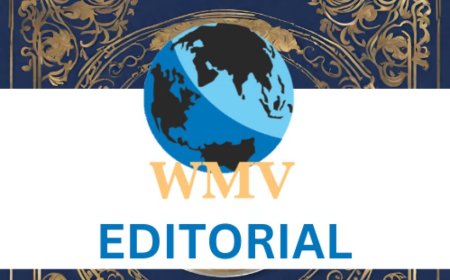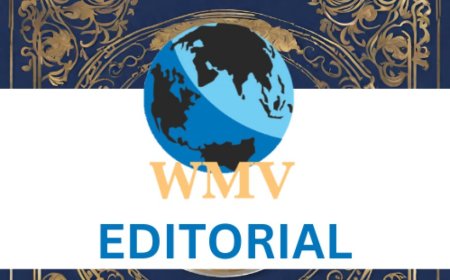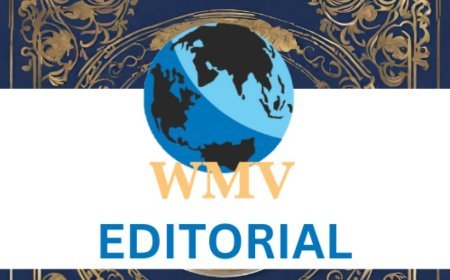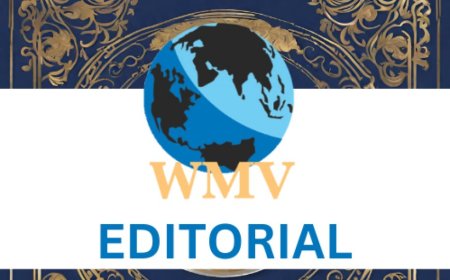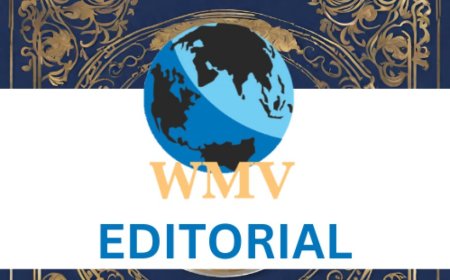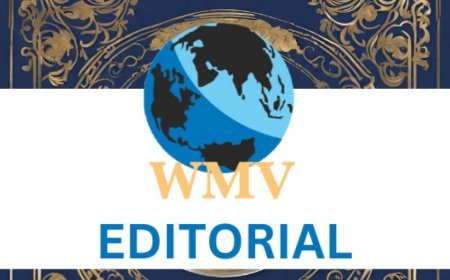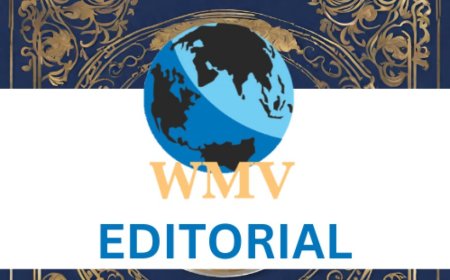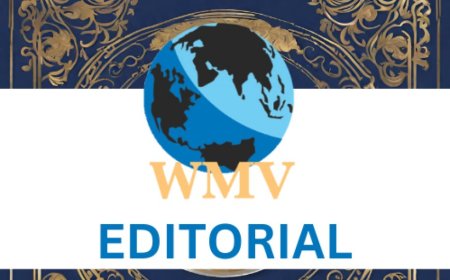Tariffs: Is Xi Jinping sucessfully sidelining US through ‘direct trade’ talks with Europe, Southeast Asia?
Donald Trump tariffs war: Xi Jinping has reached out to European and Southeast Asian countries seeking to discount a “flaky” US from trade equations and discuss “direct trade” possibilities. Can China successfully sideline Donald Trump?

US President Donald Trump has repeatedly expressed openness to negotiations with Xi Jinping over a dozen times since he began his tariff war, to no direct response from the Chinese president.
Instead, while China's commerce ministry addresses Donald Trump's moves, Xi Jinping has reached out to Europe, neighbours South Korea and Japan, and Southeast Asia, advocating for “direct” trade deals that would remove a “flaky” or “on-again, off-again” US from trade equations.
Instead of being lured into talks with threats, China seems determined to prove it can survive Donald Trump's “grandstanding” longer than the US, as per a Bloomberg report.
Negotiations Between US and China ‘Remote’, Says Report
With mutual tariffs between the US and China each reaching 125 per cent, (Donald Trump did announce “temporary” exemption for some electronics), China has said it won't match any more tariff hikes by the US, calling it “economically meaningless”, but reiterated it would “fight to the end”.
Julian Evans-Pritchard, head of China economics at Capital Economics told Bloomberg that China matching US tariffs shows they “are in no rush to negotiate with the Trump administration” and are likely looking for more than a “pause”. China has emphasised “dialogue on equal basis and with mutual respect”, while matching US tariffs, while Donald Trump keeps upping the ante that could put $690 billion worth of trade in the line of fire.
Christopher Beddor, deputy China research director at Gavekal Dragonomics told Bloomberg that China “can't get a consistent set of demands from the Trump administration”, which makes it “hard to negotiate” as the other side “won’t say what they want, and the demands are constantly shifting”.
Trump optimistic? Calls Xi Jinping ‘Friend’…
Donald Trump has notably repeated that his tariffs would bring China to the negotiating table. As per reports he remains optimistic, bragging about countries “dying to make a deal”, and over the past week claiming Xi Jinping is a “friend” he has “great respect” for.
“China also wants to make a deal, badly, but they don’t know how to get it started. We are waiting for their call. It will happen!” Donald Trump wrote on Truth Social last week.
Trump administration officials are equally keen. Top economic adviser Kevin Hassett said its “only a matter of time” China bends to “extreme” pressure from the tariffs.
Xi Jinping on April 11, made his first public acknowledgement of the US tariffs, saying China is “unafraid of unjust suppression” and will be focused on its “own path”. The statement led to speculations that China will not negotiate, but instead use this opportunity to cut the US dominance in global trade agreements.
Zhang Yuyan, director of the Institute of World Economics and Politics at Chinese Academy of Social Sciences criticised the US' policy on China as “who-loses more” thinking where greater loss to the “rival” compared to self, is seen as “an acceptable outcome”.
While the outcomes remain to be seen, Xi Jinping has been actively advocating for trade deals that discount the US for “mutual benefits”.
During his meeting with Spanish Prime Minister Pedro Sanchez on April 11, Xi Jinping called for the 27-member European Union to “jointly resist the unilateral bullying” by the US, fulfil their international responsibilities, and work together to safeguard economic globalisation and the international trading environment, as per a PTI report.
“There is no winner in a tariff war, and going against the world will only result in self-isolation. China and the EU are firm supporters of economic globalisation and free trade,” Xi Jinping said in Spain.
Xi Jinping is also scheduled to meet top EU officials in July. While the agenda and other details are not out, if Donald Trump's tariff assault continues, speculations suggest the trade topic would be high priority.
On April 14 he began his tour to Southeast Asia, which will cover Cambodia, Malaysia and Vietnam. Vietnam is his first stop, and economists feel that the ASEAN country, reeling under Donald Trump's tariffs, would now be more receptive to Xi Jinping, as they seek more stable partnerships.
Gregory Poling, who directs the Southeast Asia program at the Center for Strategic and International Studies in Washington, told Bloomberg, “Xi will doubtless find a more receptive audience than he would have without the tariffs.” Xi Jinping during his visit, may try to sweeten the trade and investments pot, without big compromises on territory disputes.
Sources told Reuters that China has also directed government officials to reach out and encourage other countries to “push back” against Donald Trump's tariffs. US allies, such as the EU, Japan and South Korea, have been contacted, two sources said.
China has also sent formal letters to government officials of other countries pressured by Donald Trump to engage in trade negotiations, and the need for “multipolarity”, the report added, citing four sources. Some G20 countries have also been tapped for a joint declaration backing a multilateral trading system, an EU diplomat told Reuters.
China's Ministry of Foreign Affairs and the Japanese and South Korean embassies in Washington DC did not immediately respond to Reuters' queries, as per the report.
Does China hold the ‘Trump’ cards?
According to a report by The Conversation, China holds a number of strategic tools for retaliation against the US. It dominates the global rare earth supply chain (72 per cent of US imports) and can target US' agricultural export (takes 10 per cent of poultry exports, and nearly 50 per cent of soybean exports), besides dealing major blows to tech giants such as Apple Inc., Nvidia and Dell Technologies, among others that are cripplingly reliant on Chinese manufacturing.
Beijing believes all this can be used as a source of leverage against the Trump administration and has a strategic opportunity to displace American hegemony.
Alicia Garcia Herrero, chief Asia Pacific economist at Natixis told Bloomberg, “China still has a lot of leverage, a lot. More so because the US economy won’t do well, especially in the second half of the year so the leverage might actually increase rather than decrease.”

























































